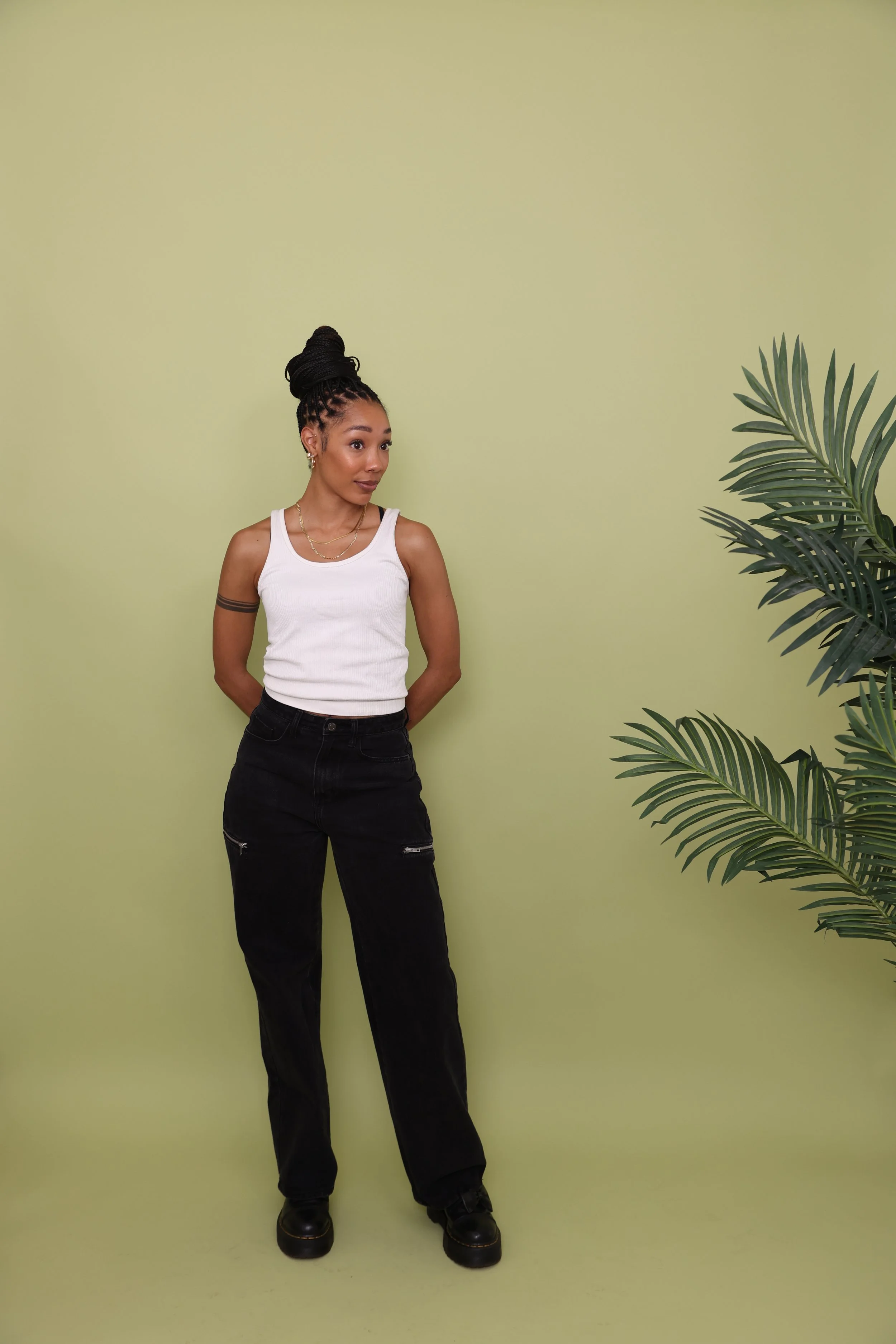a SHORT HISTORY OF my intellectual journey.
I am a doctoral student and Presidential PhD Fellow at the University of Pennsylvania’s Annenberg School for Communication, where I study how Black folks, including Black youth, engage with digital media, platforms, and technologies for learning, identity development, and meaning-making. My research sits at the intersection of technology, race, and education, with a particular focus on Black American technoculture and technoskepticism. I’m especially interested in how the digital both shapes and is shaped by Blackness, and the dynamic interplay between technology and history, collective memory, and cultural memory.
Before beginning my doctoral studies, I worked across both the tech and education sectors, developing and bringing a critical lens to digital tools in both corporate and academic contexts. I earned my bachelor’s degree in Computer Information Systems from Howard University’s School of Business in 2016, becoming the first person in my family to attend college. After undergrad, I spent four years as a digital consultant at a global management consulting firm, supporting large-scale digital implementations, including AI chatbot development, for corporate clients. These experiences contributed to my intellectual curiosity of emerging tech and sociotechnical systems and their implications.
I went on to earn my master’s degree in Instructional Technology & Media from Teachers College at Columbia University in 2022. There, I designed and facilitated curricula that encouraged learners to examine race, identity, and equity through digital tools, from exploring racial literacy in the Metaverse to prototyping immersive media for social justice activism. Through fellowships and research projects, I created opportunities for learners to critically engage with digital technologies and interrogate the societal impacts of sociotechnical systems.
Most recently, I worked at NYU as an educational technologist and learning designer, where I co-led the development of a school-wide teaching support guide on generative AI, oversaw the design of over 20 graduate-level online courses, and led data dashboard initiatives for program improvement and accountability. I also developed resources for teaching and learning with generative AI tools as part of the Provost’s AI working group.
My work is grounded in theories of Black feminist thought, critical race theory, Black technophilia, critical memory studies, and Afro-skepticism. My intellectual journey has ultimately been guided by my interest in Black technoculture, specifcially how Black communities, past and present, engage with digital technologies as sites of memory, identity, resistance, and imagination. I’m especially interested in how sociotechnical systems not only shape Black life, but are shaped by it, and how Black users presently and historically navigate, adapt, refuse, and reimagine these systems in ways that unsettle dominant narratives of “innovation” and “progress”. I ask questions about what it means to engage with sociotechnical systems not just as users, but as historical subjects. I’m curious about what gets remembered, who gets to remember, and how digital technologies shape that process. I’m also thinking about the tensions between technological acceptance, convenience, exploitation, and reufusal in this moment.
As an early-career, Black female scholar, I’m informed deeply by Black feminist scholars such as bell hooks (1991) who remind me that intellectual work is not retreat, but rather engagement and a tool for survival, clarity, and transformation. I view research and teaching not just as academic pursuit, but as acts of care and critique, and ways of naming the world and imagining it otherwise.
hooks, bell. (1991). Black Women Intellectuals. In Breaking Bread: Insurgent Black Intellectual Life (pp. 147–164). Routledge.
